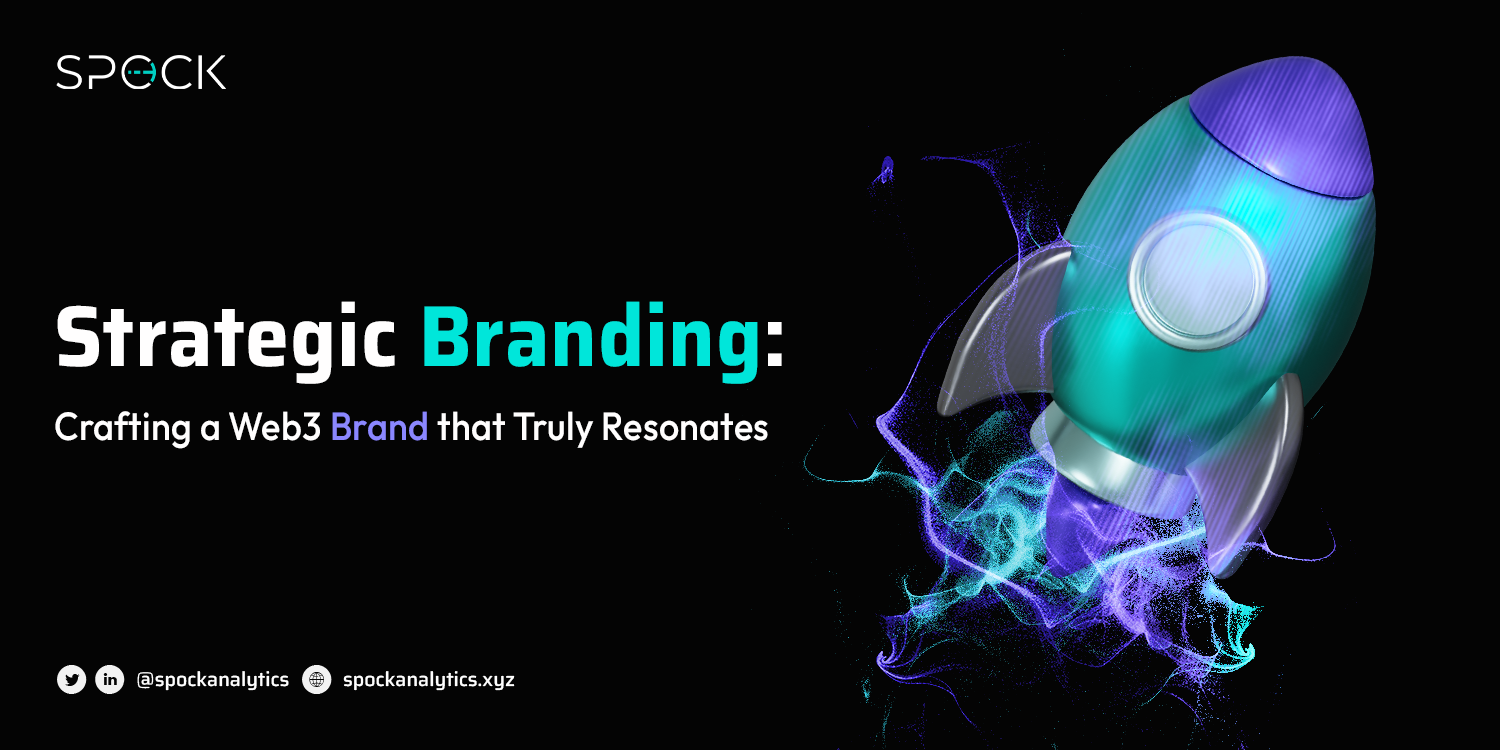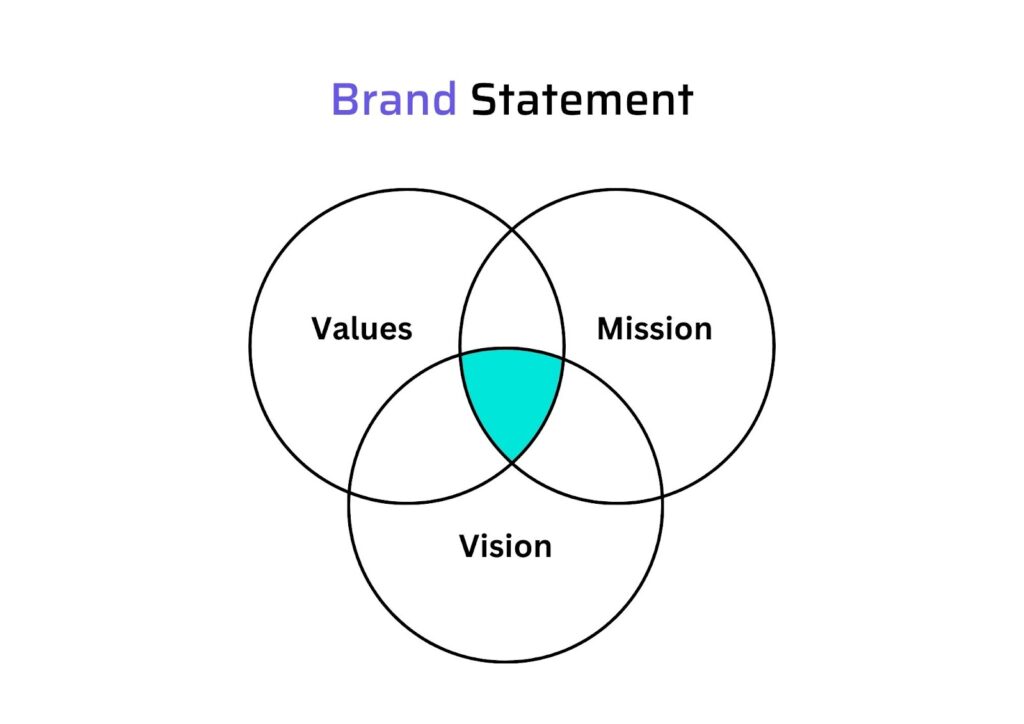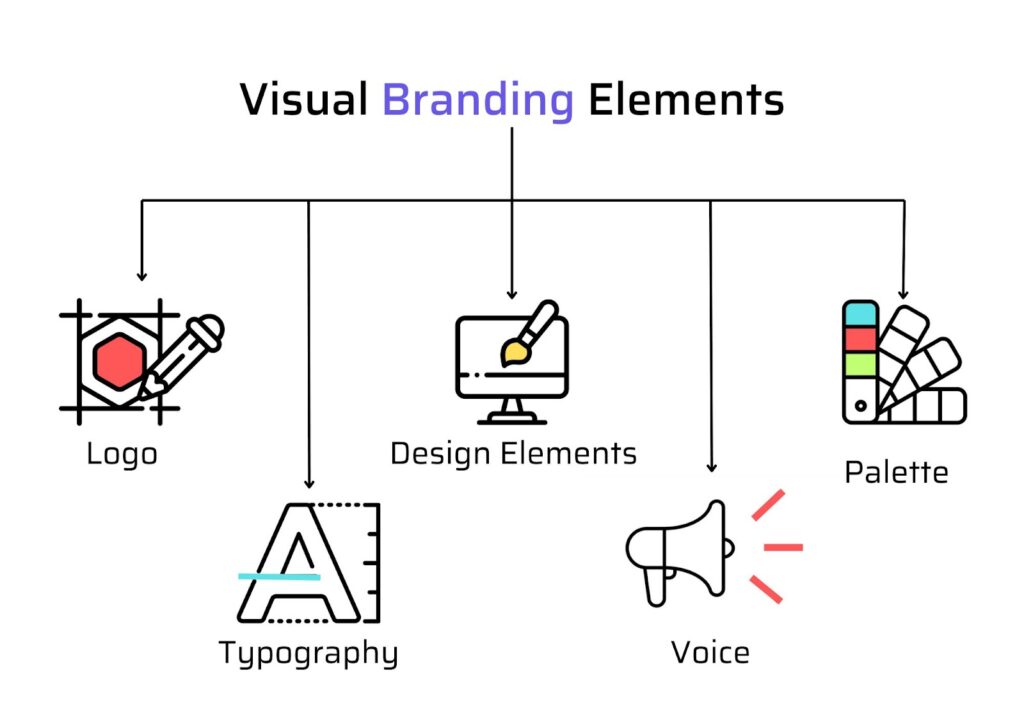
In the crowded web3 space, attention is a scarce commodity. So the power of branding can’t be overstated. Brands serve as the bridge between products/services and consumers, creating a unique identity that resonates with the audience. As we transition into Web3, this connection becomes even more critical, influencing how decentralized projects are perceived, adopted, and ultimately succeed. In this article, we will explore the transformative role of strategic branding in the Web3 landscape beyond traditional marketing concepts. From understanding the nuances of Web3 to crafting a brand that authentically resonates, we’ll delve into how branding becomes the lever that can push your product upward. Before we jump onto titbits of branding and what it constitutes, let’s first lay down our foundation of what should be the prereqs in mind while designing a brand that sticks. In Web3, understanding the target audience goes beyond demographics. It involves deciphering the values, motivations, and aspirations of a decentralized user base. Through deep engagement with the community, brands can uncover insights that shape their identity and resonate authentically. From crypto enthusiasts to developers passionate about blockchain technology, a nuanced understanding of the diverse Web3 audience lays the foundation for a brand that connects on a profound level. Staying ahead requires a keen awareness of competitors and market trends. A comprehensive analysis not only identifies potential gaps and opportunities but also ensures that the brand is positioned uniquely in your product domain. By studying successful and emerging projects, brands can draw inspiration, learn from industry best practices, and innovate strategically. This competitive intelligence forms the basis for informed decision-making in the subsequent stages of the branding process. As we move forward, these insights gleaned from research and analysis will be instrumental in shaping a brand that not only aligns with the decentralized ethos but also stands out in a crowded and evolving Web3 marketplace. At the core of a powerful brand lies a set of values and a mission that transcend the transactional. Defining clear and authentic values serves as a compass for a brand's journey. Whether it's a commitment to open-source collaboration, financial inclusivity, or environmental sustainability, aligning with values that resonate with the Web3 community fosters a genuine connection. The mission statement then becomes the rallying cry, outlining the brand's purpose and its contribution to the broader decentralized narrative. A memorable brand identity is a catalyst for recognition and recall. This involves: Crafting a visual identity that not only reflects the brand's values but also stands out in the decentralized space is a delicate art. From the choice of typography that communicates solidity and trust to the symbolism that resonates with the brand’s vision and values, each element contributes to a visual narrative that becomes synonymous with the brand. The next most vital step is to perfectly position your brand in the sea of products that keep coming and going like the waves. To do so, two things are absolutely crucial: Examining real-world examples provides valuable insights into the principles and strategies that contribute to successful Web3 branding. Here is a list of popular web3 products that have stood out due to their unwavering brands. In this comprehensive exploration of the power of strategic branding in the Web3 landscape, we've delved into the foundational aspects of understanding the decentralized audience, crafting a compelling brand narrative, and positioning a brand within the dynamic Web3 ecosystem. As I conclude, I hope I was able to inspire and motivate you to embark on your own Web3 branding journeys with confidence and strategic foresight. Enjoyed this article? Also read up on Community-Led Growth. The Strategic Branding Process
1. Understanding the Target Audience in Web3
2. Analyzing Competitors and Market Trends
Brand Development & Positioning
1. Defining Brand Values and Mission

2. Creating a Brand Identity that Sticks

3. Brand Positioning

Best Examples of Branding in Web3
Conclusion
Signup for The Vulcan Voice newsletter now and stay ahead of the curve!
Signup for The Vulcan Voice newsletter now and stay ahead of the curve!